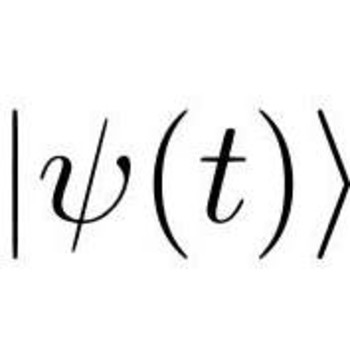Nucleic acids are long chains of nucleotides, which are the five nitrogenous bases. They are adenine, guanine, cytosine, thymine, and uracil (only in #"RNA"#).
They are only two types of nucleic acids: ribonucleic acid #("RNA")# and deoxyribonucleic acid #("DNA")#. Both have different functions, but can lead to the same goal, such as for sustainable living.
#"DNA"# contains the genetic information and instructions necessary to build and form a living thing. It is found in the nucleus in the cells in our body. In other words, it is necessary for storage of information, if we want to pass it down to our children.
#"RNA"# has a slightly different job. Its main roles are to code, decrypt, translate, and transcript in our body. We make copies of #"RNA"# genes based on our #"DNA"#, and then it gets sent into the cytoplasm, where it can find the endoplasmic reticulum or the ribosome, and then get coded into proteins, which are necessary nutrients for our survival, as well as the contribution of building enzymes.
That was a brief introduction to nucleic acids. To read more, visit:
https://www.sciencedaily.com/terms/dna.htm
http://theconversation.com/explainer-what-is-rna-15169

